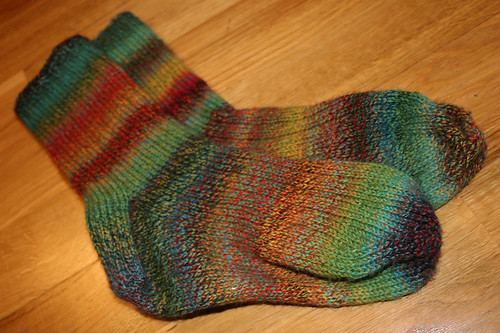http://musicmachinery.com/
We found this fun, and e-mail discussion ensued. I'd offered this:
When I first read that article, the drummer I thought of was Steve Gadd: a favorite from my fusion-listening youth who I always thought created a great groove. I suspect that going over the studio albums I owned back in high school - Chick Corea, Brecker Brothers, Steve Kahn, etc - would reveal early click-track use, but who knows.
And Dan responded:
Steve Gadd is well-known in the music community, both for deep groove and drug use. The song "Aja" on the album of the same name is legendary.
...which led me to:
I've read stories of Gadd's Aja session that describe him as all business, showing up and burning through the track in one or two takes. He was in his drug-using years, so who knows how altered he was - I suppose he was to some extent through all those years.
Anyway, I downloaded the package referenced in John's linked article and had it look at some tracks. Four of them are Gadd (Steely Dan - Aja; Paul Simon - Late in the Evening; Steve Khan - Daily Bulls & Tightrope), and one should be from the pre-click-track era: Gene Krupa on Goodman's Sing, Sing, Sing.
Gadd tracks:




Gene Krupa - Benny Goodman. Probably 60-70 years ago is before the click-track age...

The Khan pieces (Daily Bulls, Tightrope) have very steady tempos, so you'd expect quality players to maintain a solid groove, but even so I guess there was some artificial help. Beyond all the coke they might have been on...
The Simon piece feels like click-track too: the slowdown in the middle is when all the horns come in (edit?). Aja and Sing, Sing, Sing look more organic, and I'm pretty impressed by Krupa and the Goodman band keeping basic tempo solid for eight minutes.
BTW, I also tried to capture tempos for a live version of Weather Report's Teen Town, but it crashed the program. Not a Pastorius fan, I guess.

